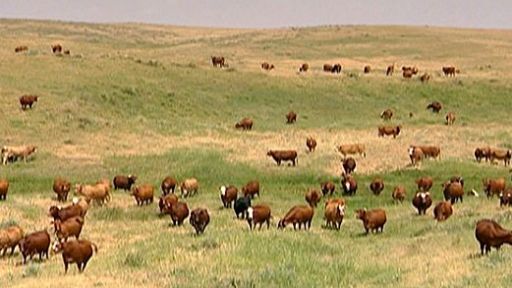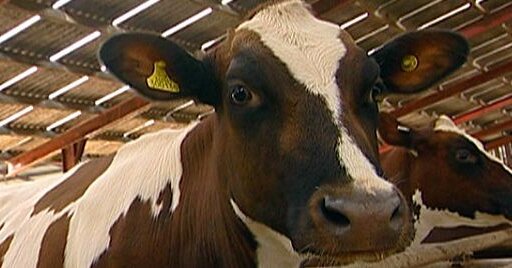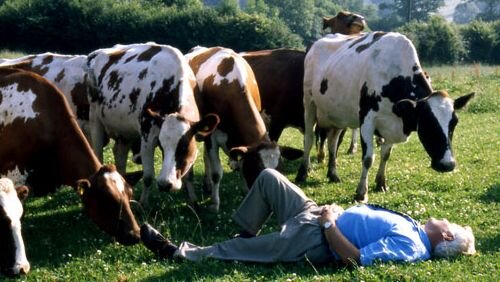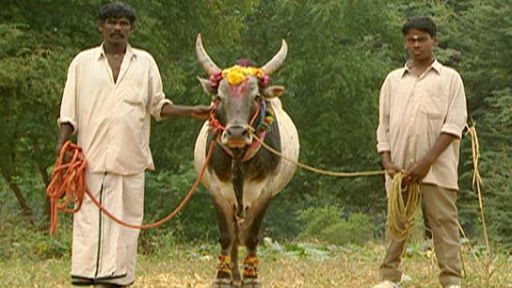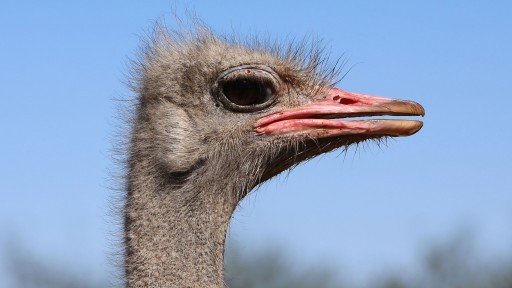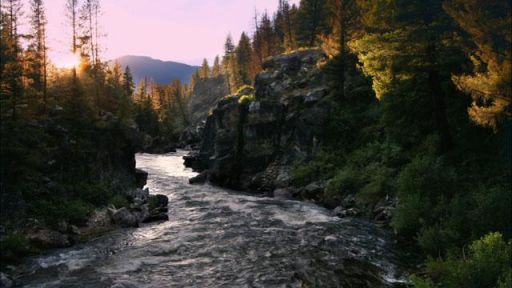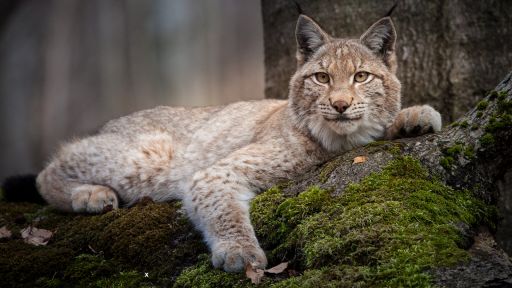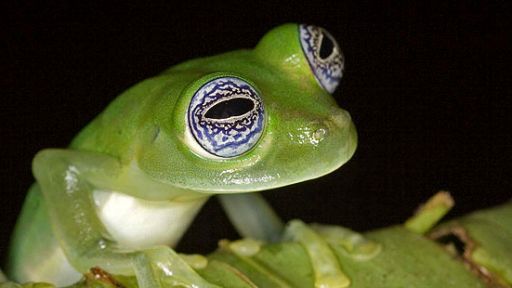Discover how cows have altered human life, human biology, and the geography of the world.
About 8,000 years ago, the relationship between cows and man began with the revolutionary advent of domestication in Mesopotamia, the Indus River Valley, and Africa. There were many possible candidates for the job but only the cow fit the specific criteria humankind needed: not too flighty, breeds well in captivity, grows at a good pace, not aggressive, requires a low maintenance diet. Our ancestors chose wisely: Cows provide just about all of our basic needs, from milk and meat to muscle.
Today there are about 1.5 billion cows in the world. In many different countries humans and cows have formed close relationships. In England, dairy farmer Mark Evans spends all of his waking time with his cows, milking, feeding, and otherwise nurturing them. The African Masai tribe believes that all cattle were given to them from the great god N’gai at the beginning of time — a belief which today remains at the heart of their culture. India is home to a quarter of the world’s cow population. One major reason for this is that India’s majority Hindu community reveres cows and considers them to be “second mothers.”
NATURE’s Holy Cow explores how we’ve changed the cow and how the cow has changed us.


